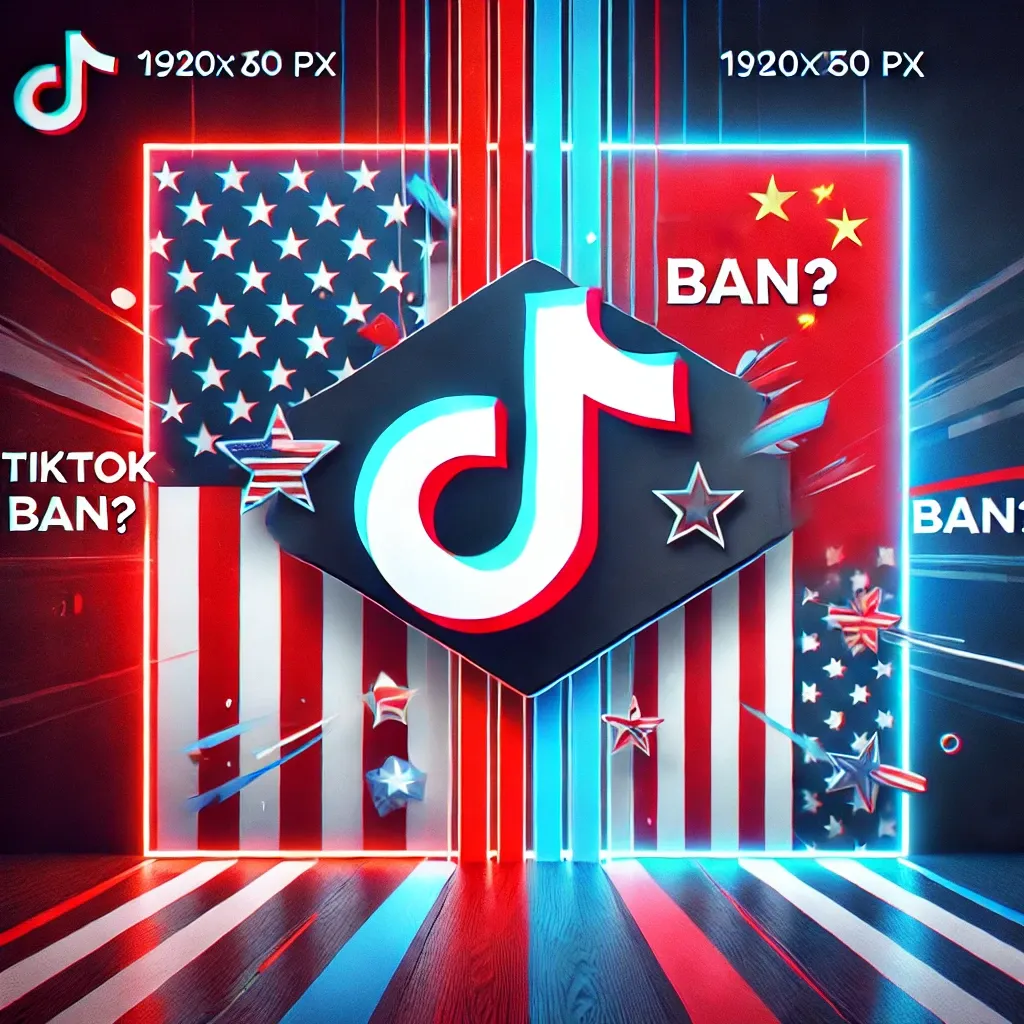Will America Ban TikTok
Will America Ban TikTok? Shocking Facts About TikTok vs. Douyin You Need to Know!
TikTok, the globally popular social media platform, faces mounting scrutiny in the United States over national security concerns. Meanwhile, its Chinese counterpart, Douyin, operates under a completely different set of rules. As debates rage on, it's crucial to explore the differences between these two platforms and the reasons behind the potential TikTok ban in the U.S.
 |
| Exploring the controversy: TikTok vs. Douyin and the looming U.S. ban. |
TikTok vs. Douyin: Why Is America Considering a Ban?
Although TikTok and Douyin seem similar, the two platforms operate in starkly different ecosystems that reflect their respective countries' policies and cultures. Let’s dive deeper into what sets them apart and why the U.S. is so concerned.
Market Segmentation and Regulation
Douyin:
- Launched in September 2016 by ByteDance, Douyin is tailored exclusively for the Chinese market and complies strictly with Chinese government regulations.
- It functions within a closed ecosystem under government oversight, reflecting China’s tightly controlled internet landscape.
TikTok:
- Designed for international audiences, TikTok operates outside China with separate servers and adheres to the regulations of the countries in which it functions.
- This separation raises questions about the extent of its independence from ByteDance and the Chinese government.
Features and Service Integration
Douyin:
- Offers advanced features like in-video facial search, direct product purchases, hotel booking, and geotagged reviews—all seamlessly integrated.
- Its e-commerce capabilities have made it a one-stop platform for users in China.
TikTok:
- While TikTok includes some similar features, its e-commerce integration is still in the early stages and lacks Douyin’s level of sophistication.
Content Moderation and Censorship
Douyin:
- Content is curated to align with Chinese censorship laws, focusing on educational and positive material that promotes societal harmony.
TikTok:
- Moderation policies vary based on regional standards and international community guidelines, leading to a more diverse array of content.
Algorithm and User Experience
Douyin:
- Its algorithm is tailored to Chinese cultural preferences and local trends, creating a highly localized user experience.
TikTok:
- TikTok’s algorithm caters to a global audience, embracing a variety of cultures and international trends.
Why Is the U.S. Concerned About TikTok?
Data Security and Privacy:
- The U.S. government fears that TikTok’s parent company, ByteDance, may be compelled to share user data with the Chinese government under China’s national security laws.
- This has raised alarms about the potential misuse of personal data belonging to millions of Americans.
National Security Threats:
- Officials worry that TikTok could be leveraged as a tool for espionage or data collection, posing risks to national security.
Foreign Influence and Propaganda:
- There are concerns that TikTok could be used to spread propaganda or manipulate public opinion in the U.S.
Legislative Actions:
- The U.S. Congress has passed bipartisan legislation aimed at banning TikTok or forcing ByteDance to sell its U.S. operations to ensure data protection.
Examples and Additional Insights
E-commerce Integration in Douyin:
- Douyin allows users to buy products directly within the app, a feature not yet fully developed on TikTok. This difference highlights the divergent priorities of the platforms.
Government Regulation:
- While Douyin operates under China’s strict regulatory framework, TikTok must navigate varied international laws, including potential bans in the U.S.
Key Questions to Consider
- How can the U.S. ensure that TikTok’s operations are free from foreign influence?
- Would banning TikTok set a precedent for targeting other foreign-owned apps?
- Is the growing tension around TikTok part of a broader geopolitical rivalry between the U.S. and China?
- Could this move negatively impact American content creators who rely on TikTok for their livelihood?
Proposed Solutions for Stakeholders
For the U.S. Government:
- Mandate Transparency: Require TikTok to disclose its data handling practices and implement stringent third-party audits.
- Localized Data Storage: Insist on U.S.-based data centers managed by independent entities.
- Legislate Safeguards: Pass comprehensive data privacy laws applicable to all social media platforms.
For TikTok Users:
- Stay Informed: Understand how your data is used and shared.
- Advocate for Fair Regulation: Push for policies that address data security without stifling innovation.
- Diversify Platforms: Explore alternative platforms to reduce reliance on TikTok.
Conclusion: The Future of TikTok in America
As the debate over TikTok’s fate continues, its impact on global social media and culture cannot be understated. Whether through a ban, a forced sale, or stricter regulations, the outcome will set a precedent for how nations handle foreign-owned tech giants in an increasingly interconnected world.
For American users and policymakers alike, the TikTok saga is a reminder of the importance of balancing innovation with security in the digital age.










Comments
Post a Comment